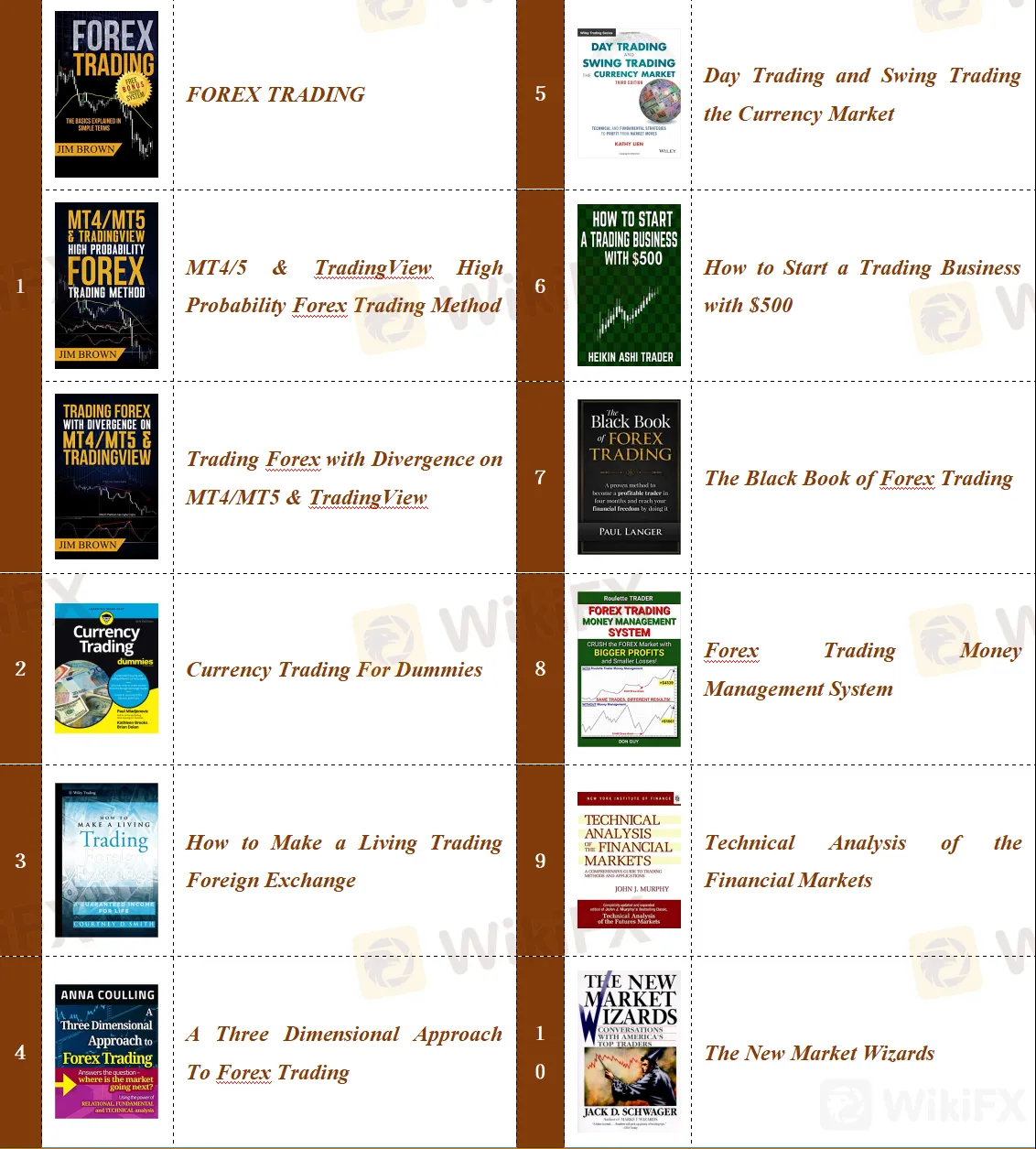Post
Cryptocurrency exchange FTX and its founder and former CEO, Sam Bankman-Fried, are intricately entwined. The swift and damaging collapse of FTX in late 2022 will have repercussions on the international crypto community for years to come.To get more news about bexchange review, you can visit wikifx.com official website.
What Happened to FTX?
FTX's collapse took place over a 10-day period in November 2022. The catalyst was a Nov. 2 scoop by crypto news site CoinDesk that revealed that Alameda Research, the quantitative trading firm also run by Bankman-Fried, held a position valued at $5 billion in FTT, the native token of FTX.
The report disclosed that Alameda's investment foundation was also in FTT, the token that its sister company had invented, not a fiat currency or other cryptocurrency.
That prompted concern across the cryptocurrency industry regarding Bankman-Fried's companies' undisclosed leverage and solvency.
FTX Collapse's Sequence of Events
The following is a recap of the events that led to FTX's failure, bankruptcy filing, and its former CEO's jailing and extradition to the United States to face a series of criminal and civil charges.
Binance Says It Will Sell All Its FTT Tokens
Binance, the world's biggest crypto exchange, announced on Nov. 6 that it would sell its entire position in FTT tokens-roughly 23 million FTT tokens valued at about $529 million. Binance CEO Changpeng "CZ" Zhao said the decision to liquidate the exchange's FTT position was based on risk management, following the collapse of the Terra (LUNA) crypto token earlier in 2022.
FTX Liquidity Crisis and Binance Deal
By the next day, FTX was experiencing a liquidity crisis. Bankman-Fried attempted to reassure FTX investors that its assets were stable, but customers demanded withdrawals worth $6 billion in the days immediately following the CoinDesk report. Bankman-Fried searched for additional money from venture capitalists before turning to rival Binance. The value of FTT fell by more than 80% in two days.
On Nov. 8, Binance announced that it had reached a nonbinding agreement to buy the non-U.S. business of FTX for an undisclosed sum-effectively the world's largest cryptocurrency exchange bailing out its close rival.
Binance Cancels Deal to Bail Out FTX
The promise of a rescue was short-lived, as Binance backed out of the deal a day later. On Nov. 9, the exchange said that it would cancel the FTX deal after corporate due diligence raised concerns about the mishandling of customer funds, among other issues.
FTX Assets Frozen and Other Implications
On Nov. 10, The Bahamas' securities regulator froze the assets of FTX Digital Markets, FTX's Bahamian subsidiary, following news that Bankman-Fried was seeking up to $8 billion in capital to bail out the exchange.
On the same day, the California Department of Financial Protection and Innovation announced that it had initiated an investigation into FTX.
Bankman-Fried apologized the same day for the liquidity crisis and admitted on Twitter that FTX's non-U.S. exchange had insufficient funds to meet customer demands. He said that "poor internal labeling" caused FTX to miscalculate leverage and liquidity. In the same Twitter thread, he said Alameda would wind down trading.
Bankman-Fried Steps Down as CEO; FTX Files for Bankruptcy
Bankman-Fried stepped down on Nov. 11 as CEO of FTX, replaced by court-appointed FTX CEO John Ray, who led energy trading firm Enron through bankruptcy proceedings years before.

komentarze

Opis

Kategorie

Tagi









